Another tech giant is coming to the suburbs.
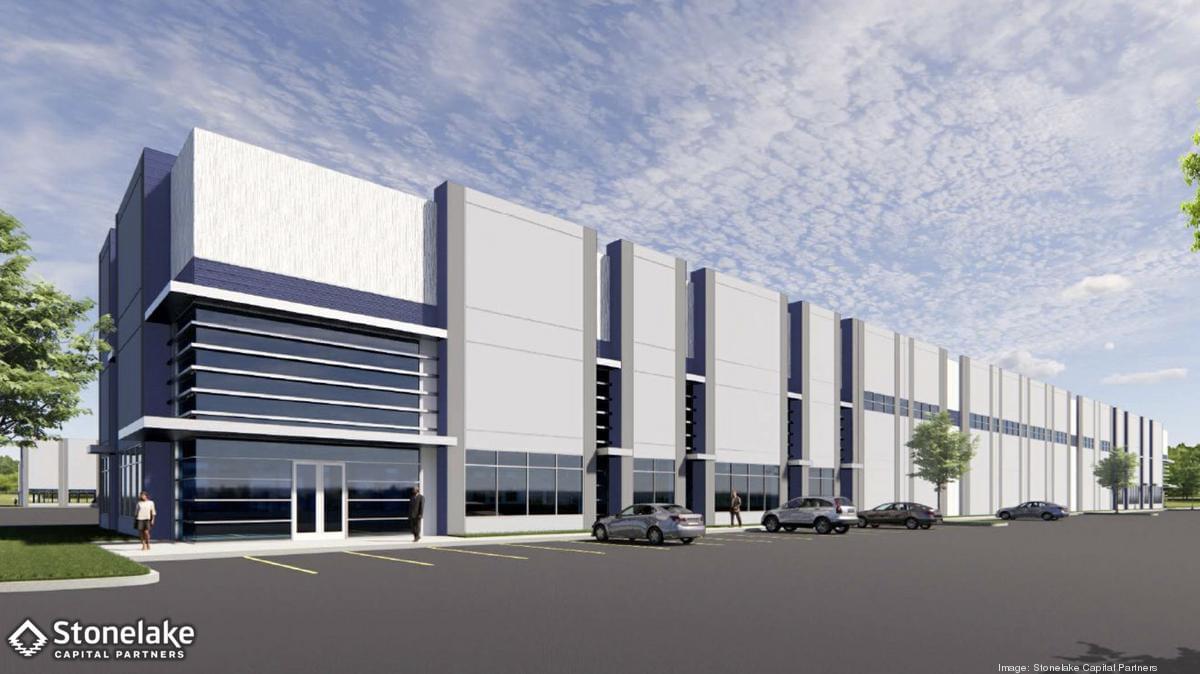

For example: “If you’re worried about immigration, you should be way more concerned about AI” — for the impact on jobs, cultural stability, and social predictability.
Ex-Google Insider and AI Expert TRISTAN HARRIS reveals how ChatGPT, China, and Elon Musk are racing to build uncontrollable AI, and warns it will blackmail humans, hack democracy, and threaten jobs…by 2027.
Tristan Harris is a former Google design ethicist and leading voice from Netflix’s The Social Dilemma. He is also co-founder of the Center for Humane Technology, where he advises policymakers, tech leaders, and the public on the risks of AI, algorithmic manipulation, and the global race toward AGI.
Please consider sharing this episode widely. Using this link to share the episode will earn you points for every referral, and you’ll unlock prizes as you earn more points: https://doac-perks.com/
He explains:
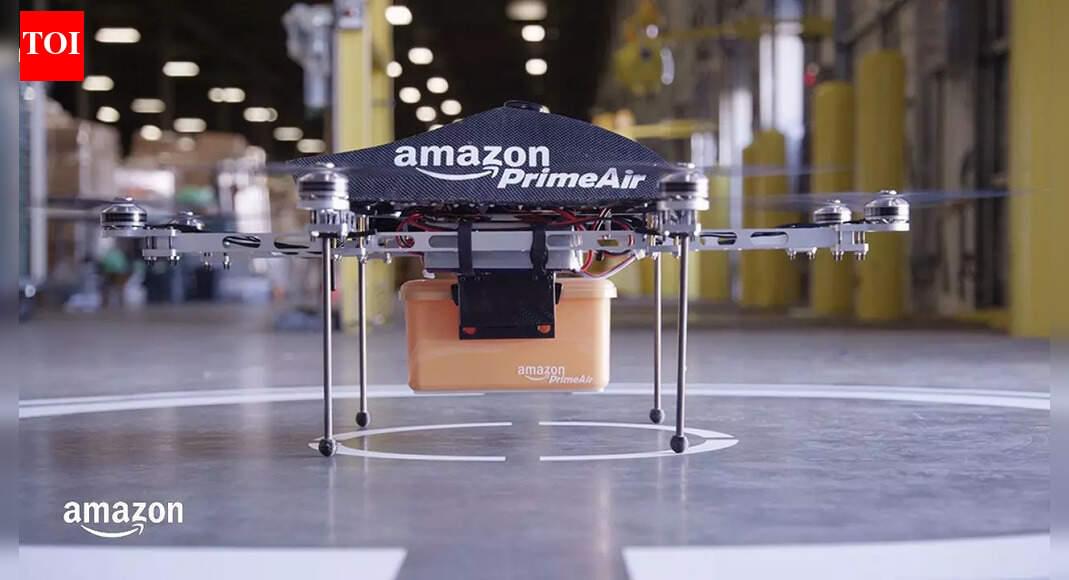
Thousands of Amazon employees have signed an open letter issuing some dire warnings about the company’s move toward AI. The letter, signed by more than 1,000 workers (and counting) calls out Amazon for pushing its AI investments at the expense of the climate and its human workforce. The letter’s supporters come from a wide array of roles at the company, including many software engineers, and even employees focused on building AI systems. “We believe that the all-costs-justified, warp-speed approach to AI development will do staggering damage to democracy, to our jobs, and to the earth,” the letter’s authors wrote. It adds, “We’re the workers who develop, train, and use AI, so we have a responsibility to intervene.”
Over a thousand Amazon employees have penned an open letter, warning that the company’s rapid AI development is jeopardizing its climate commitments and human workforce. They argue the pursuit of AI dominance is leading to increased emissions, water scarcity, and job displacement, urging leadership to prioritize ethical AI and environmental responsibility.
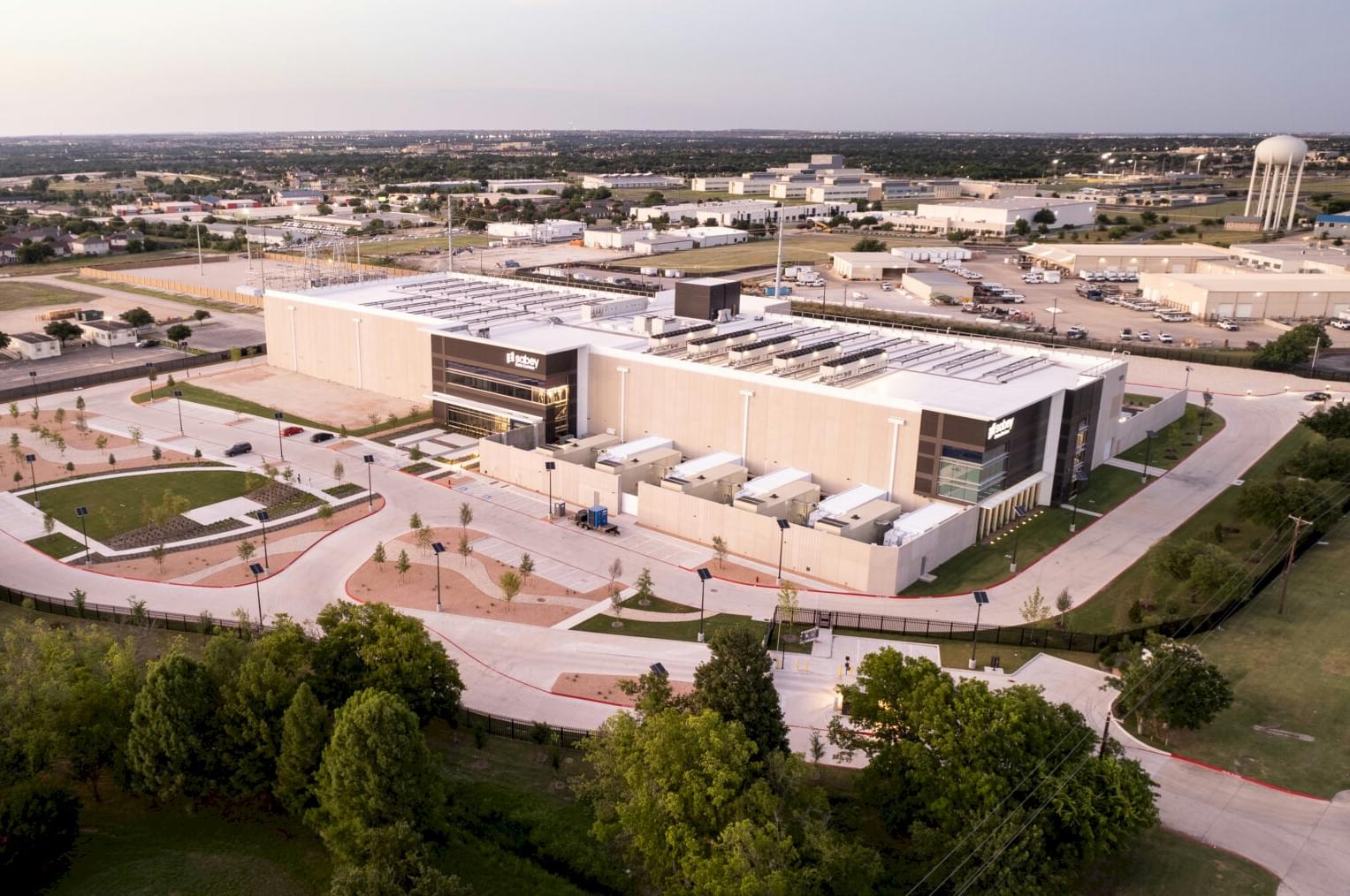
As we expected, the “Vista” supercomputer that the Texas Advanced Computing Center installed last year as a bridge between the current “Stampede-3” and “Frontera” production system and its future “Horizon” system coming next year was indeed a precursor of the architecture that TACC would choose for the Horizon machine.
What TACC does – and doesn’t do – matters because as the flagship datacenter for academic supercomputing at the National Science Foundation, the company sets the pace for those HPC organizations that need to embrace AI and that have not only large jobs that require an entire system to run (so-called capability-class machines) but also have a wide diversity of smaller jobs that need to be stacked up and pushed through the system (making it also a capacity-class system). As the prior six major supercomputers installed at TACC aptly demonstrate, you can have the best of both worlds, although you do have to make different architectural choices (based on technology and economics) to accomplish what is arguably a tougher set of goals.
Some details of the Horizon machine were revealed at the SC25 supercomputing conference last week, which we have been mulling over, but there are still a lot of things that we don’t know. The Horizon that will be fired up in the spring of 2026 is a bit different than we expected, with the big change being a downshift from an expected 400 petaflops of peak FP64 floating point performance down to 300 petaflops. TACC has not explained the difference, but it might have something to do with the increasing costs of GPU-accelerated systems. As far as we know, the budget for the Horizon system, which was set in July 2024 and which includes facilities rental from Sabey Data Centers as well as other operational costs, is still $457 million. (We are attempting to confirm this as we write, but in the wake of SC25 and ahead of the Thanksgiving vacation, it is hard to reach people.)
Geoffrey Hinton, one of the three so-called “godfathers” of AI, never misses an opportunity to issue foreboding proclamations about the tech he helped create.
During an hour-long public conversation with Senator Bernie Sanders at Georgetown University last week, the British computer science laid out all the alarming ways that he forecasts AI will completely upend society for the worst, seemingly leaving little room for human contrivances like optimism. One of the reasons why is that AI’s rapid deployment will be completely unlike technological revolutions in the past, which created new classes of jobs, he said.
“The people who lose their jobs won’t have other jobs to go to,” Hinton said, as quoted by Business Insider. “If AI gets as smart as people — or smarter — any job they might do can be done by AI.”
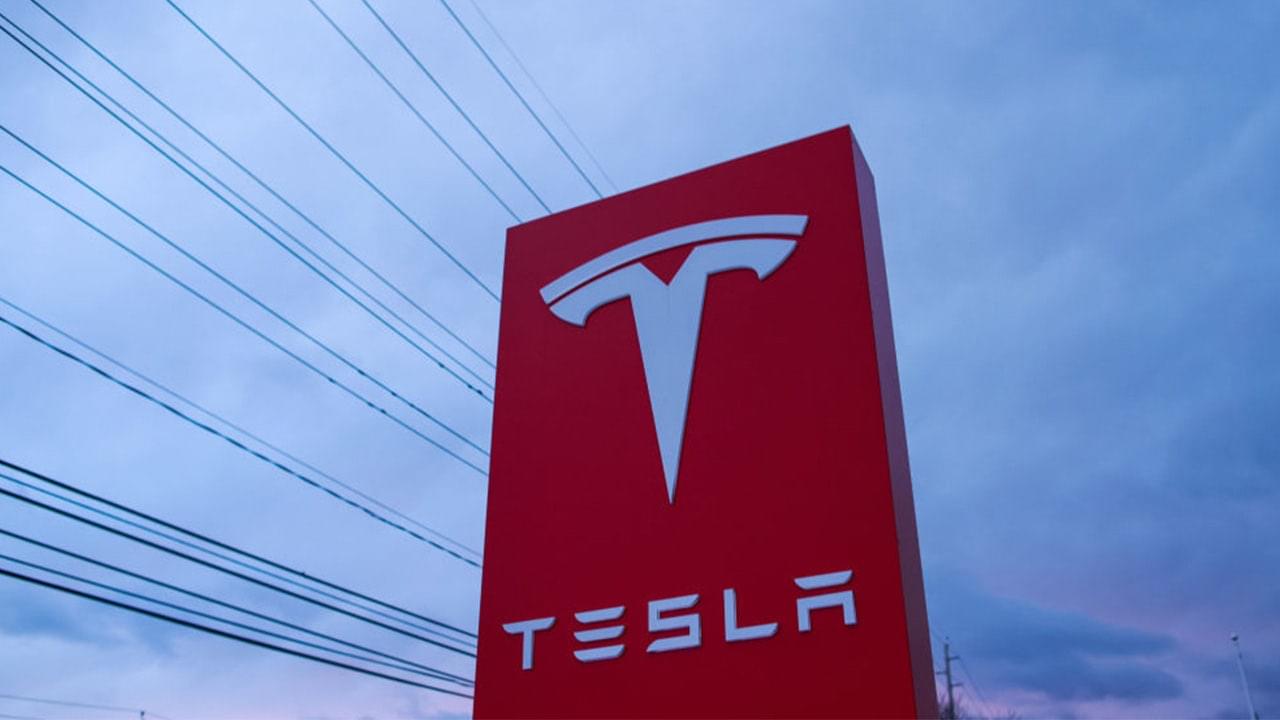
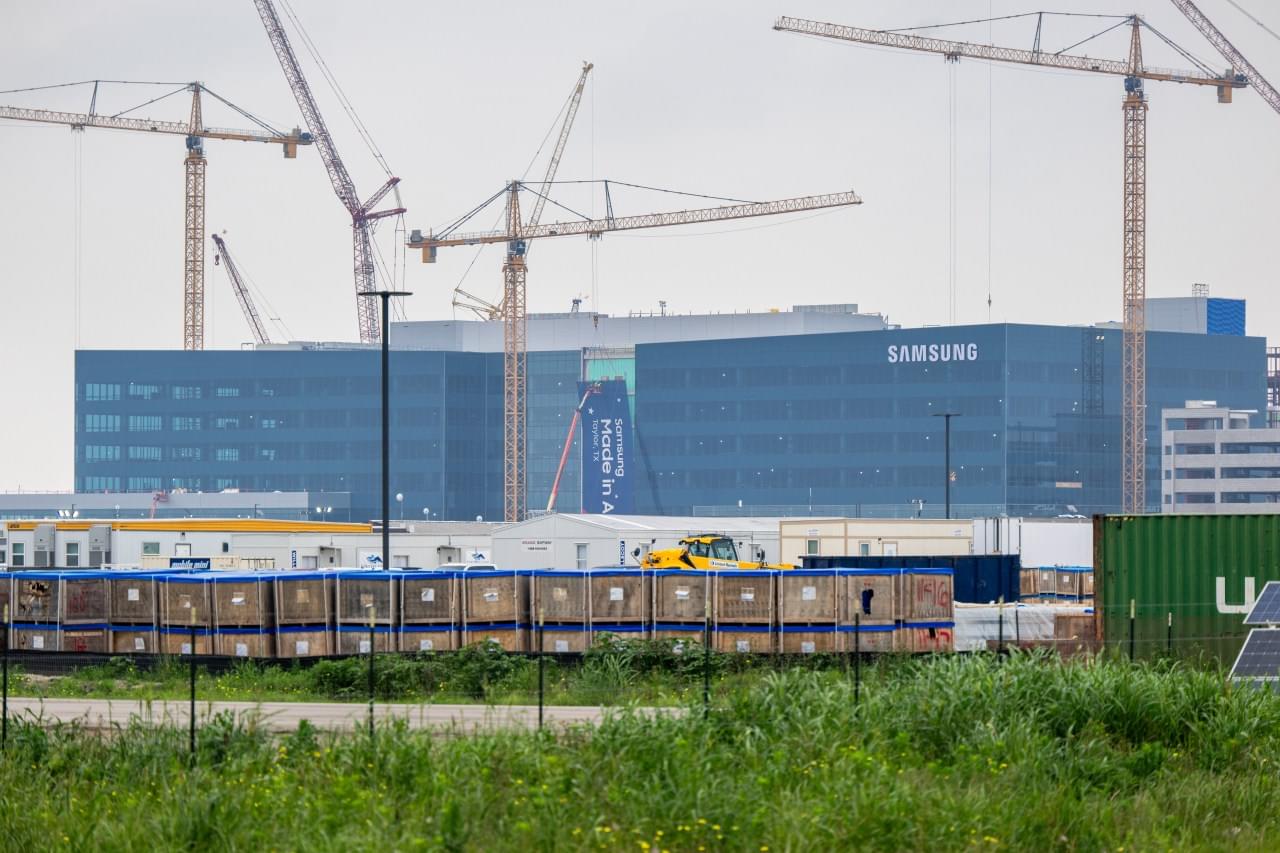
TAYLOR, Texas (ABJ) — A Dallas-based developer is proposing to turn a 220-acre parcel directly northeast of Samsung Electronics Co. Ltd.’s rising factory in Taylor into a data center campus.
KDC will be considered by the Taylor Planning and Zoning Commission on Nov. 12 for an employment center plan for the site at 1,051 County Road 401 for what it’s calling “Project Comal.” Details are minimal, but it would have primary data center uses along with a small lot of space for commercial, civic and other uses, according to city documents.
KDC representatives declined to comment.
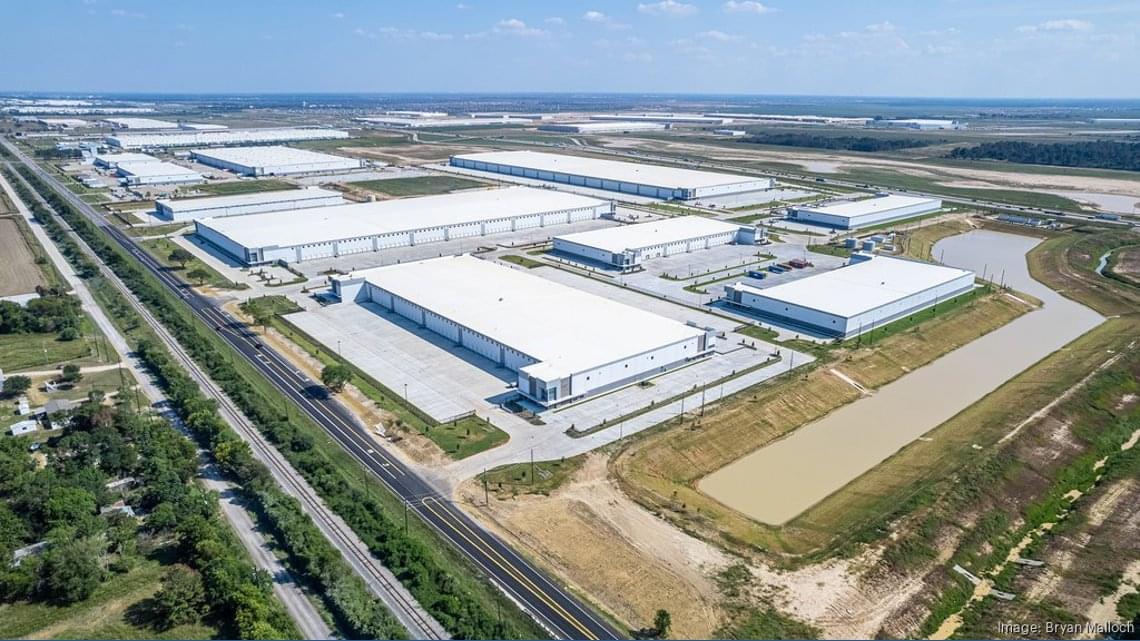
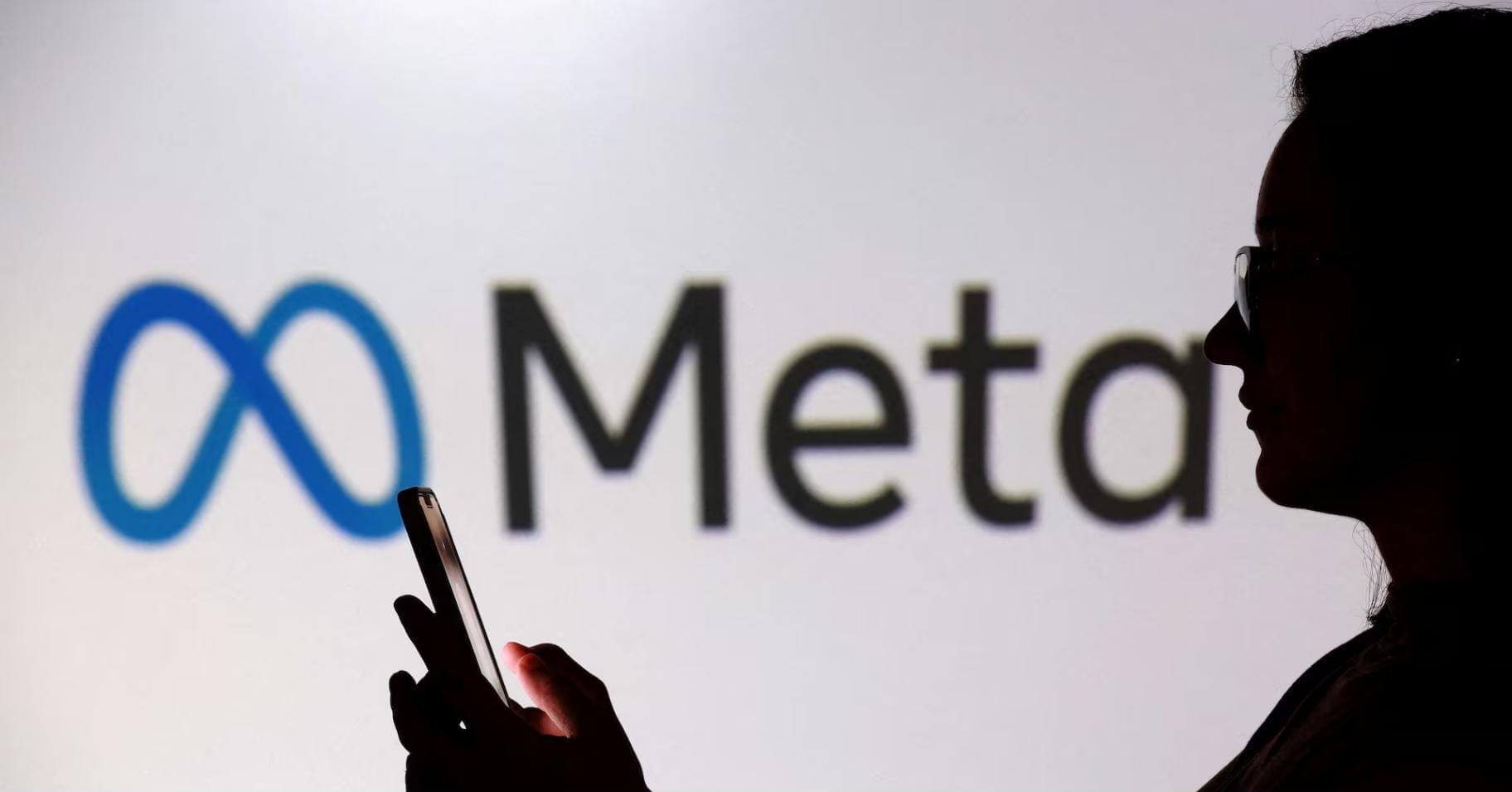

What if instead of replacing us in our jobs, AI-enabled robots were to help us become the best versions of ourselves? Prompted by the ageing crisis and a projected shortfall of carers, a research team in Japan is seeking to create a new robotic paradigm, where AI-enabled robots help us to help ourselves.
“By 2050, I’d like to realize a smarter, more inclusive society, where everyone will be able to use AI robots anytime and anywhere,” says Yasuhisa Hirata, a mechanical engineer at Tohoku University in Sendai, Japan1. Hirata is the project manager on the ‘Adaptable AI-enabled Robots to Create a Vibrant Society’ project of the Japanese Government’s Moonshot Research and Development Program.
He envisages future AI-enabled robots functioning somewhere between a carer and a coach — a tool that can provide support, but which makes users feel as though they are performing tasks independently rather than being assisted by a robot. Such tasks might range from people standing up out of a chair, lifting a heavy object, or expressing themselves through dance.